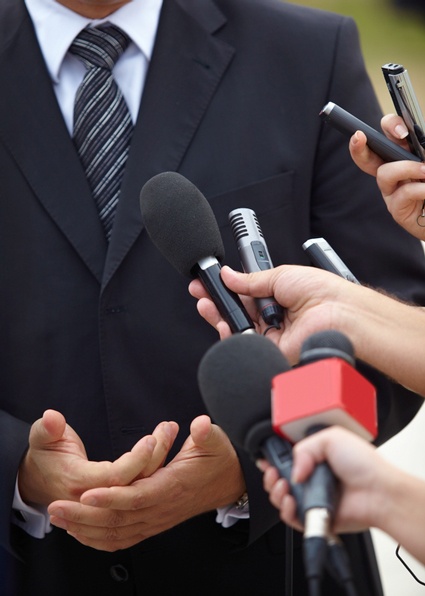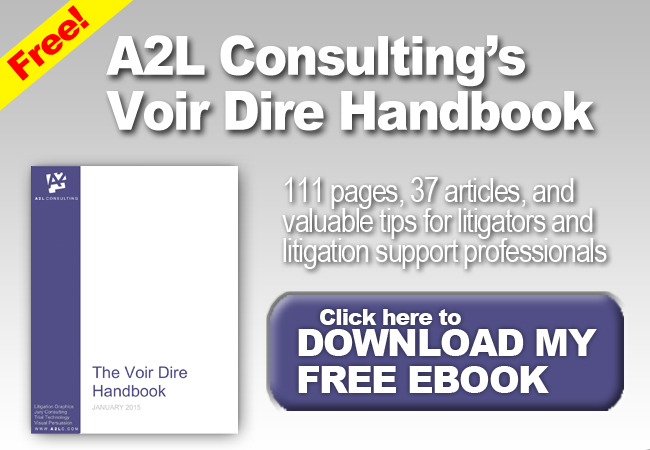 By Jim Grandone
By Jim Grandone
Special Guest Author
Grandone Media Strategies
A lawyer I worked with recently summed up the love-hate relationship between lawyers and the news media as follows, “We spend 50 percent of the time trying to get publicity about our firm and the other 50 percent worrying about what the press is going to write about us.”
It’s true that in some states, there are constraints on what a lawyer can say about a pending case. But in general, a lawyer is allowed to discuss the basics --such as the claim, the offense or defense involved, and (except where prohibited), the identity of the persons involved; any information on the public record; the fact that an investigation is in progress; and the scheduling or result of any step in litigation.
Why then are lawyers so reluctant to speak to reporters? After all, these allowable types of comments – and many states permit lawyers to say even more about their cases – give lawyers considerable leeway to talk to reporters. So you can go ahead and promote whatever your firm is doing that is admirable, successful or high-profile.
Reporters already have instant electronic access to what you have filed, so why not emphasize the most important messages? Do not expect the reporter to communicate your key message for you! You can reach your most important audience outside the courtroom by simply reiterating what you have already said in court documents, even if it is only a summary. Develop a message and clearly communicate the key points of the case.The audience for legitimate pretrial and trial publicity of this nature can be a single judge or an entire jury pool. Advocate your client's position while abiding by the rules, and you are doing your job. You can begin to establish yourself and your firm as experts in the minds of the readers, listeners and viewers, which can lead to new business. That doesn’t mean, of course, that you should pollute the jury pool by disseminating information that would be a serious threat to the fairness of the adjudicative process.
Various tools exist for identifying key media messages and getting them into the media in a way that makes them most effective.
Techniques include media training, which can help you become savvy about how different types of media work and how their needs are different; adjusting your message to each medium (very valuable for lawyers who are not accustomed to explaining the law to lay people); and learning how to bridge from a question you’d rather not answer to an answer you’d like to give.
The least you have to gain by talking to reporters is getting your firm's name in the news, promoting something positive about it, or positioning yourself as a strong advocate for your clients.
Of course, winning your cases helps too!
Other articles from A2L Consulting related to advocacy, litigation public relations and jury selection include:
- 15 Things Everyone Should Know About Jury Selection
- Jury Selection: So Few Strikes, So Much at Stake
- Complimentary 174-page e-book for litigators]: Jury Consulting Guidebook & Tips for Litigators
- Storytelling for Litigators E-Book 3rd Ed.
- Hydraulic Fracturing (Fracking): Advocacy and Lobbying Presentations
- Persuasive Graphics: How Pictures Are Increasingly Influencing You
- Free Download: Using Litigation Graphics to Persuade
- Why the President is Better than You at Creating Persuasive Graphics
- 5 Persuasive Graphics Tricks to Watch Out For
- Building Advocacy Presentation Visuals and Persuasive Graphics
- 14 Places Your Colleagues are Using Persuasive Graphics That Maybe You're Not





Leave a Comment